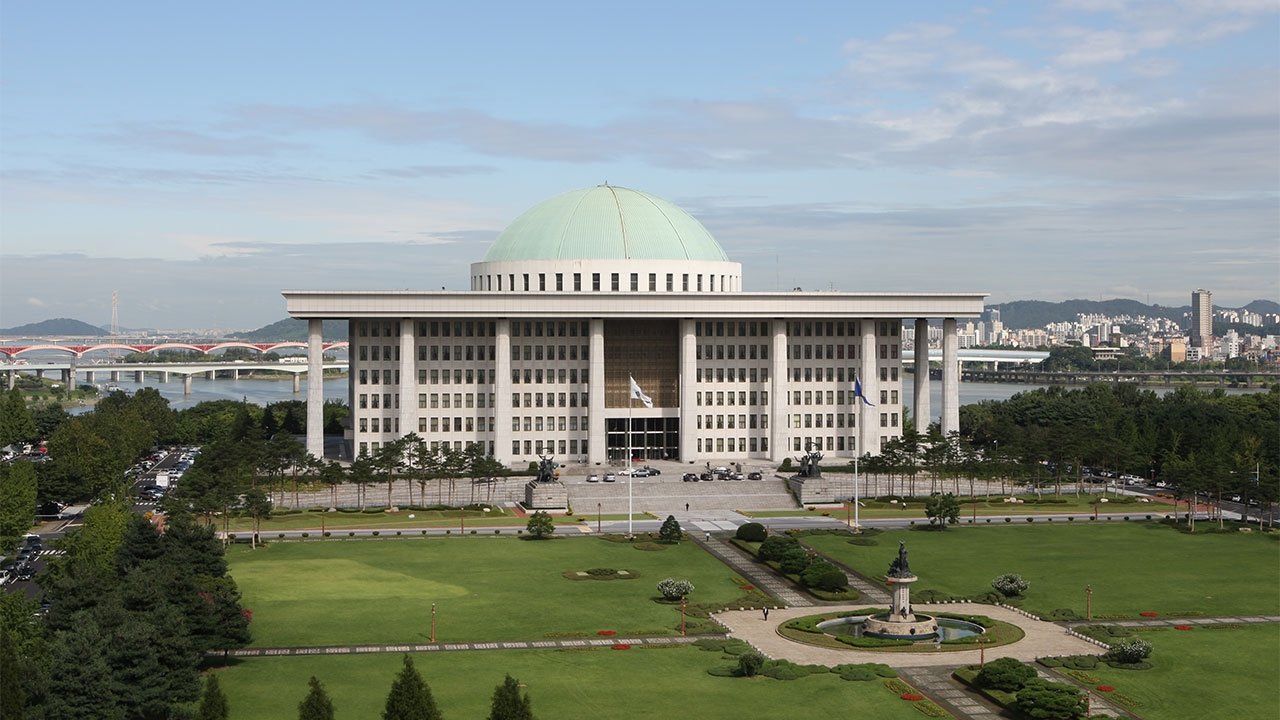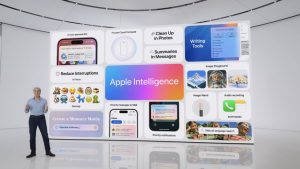
National Assembly of the Republic of South Korea

After years of being the only country that blocks Find My, Apple says it is planning to bring the service to Korea in Spring 2025.
In July 2024, complaints from users in South Korea reached a point where they were finally petitioning the government to allow Apple’s Find My feature to work. Any iPhone made for sale in South Korea had Find My permanently disabled, so it wouldn’t work even when the owner was in a different country.
Now in a statement on its Korean website, Apple has announced that it plans to bring Find My to the country shortly.
“Apple plans to introduce the ‘Find My’ network in Korea in the spring of 2025,” says a brief statement (in translation). “Users in Korea will soon be able to use the Find My app to find their Apple devices and personal belongings with their personal information protected, and check the location of friends and family.”
It’s probably only because of machine translation that Apple says “plans to introduce”, instead of something more specific. It’s also not significant that Apple says Korea instead of North Korea and South Korea.
The statement does not address why the service has not been available before, but Apple has previously commented.
According to the user petition submitted to the National Assembly Petition website of South Korea, Apple has said that Find My is disabled “because of internal policy.” While far from confirmed, it’s most likely that this policy relates to privacy and how South Korean law can be interpreted as saying all location data must be stored for six months.
The wording of the law is such that this is open to interpretation. But it can also be read as saying that the government must be able to access that stored data.
Only, if this were the reason Apple did not deploy Find My in South Korea, it would also apply to the country’s outlying territories. Yet Find My works correctly in Baekryeongdo, and Ulleungdo, two such regions.
Inconsistencies like this, and an unclear picture from both Apple and the South Korean government have frustrated local users. But they have also reportedly been particularly annoyed that South Korean stores sell AirTags, which are worthless without Find My.




